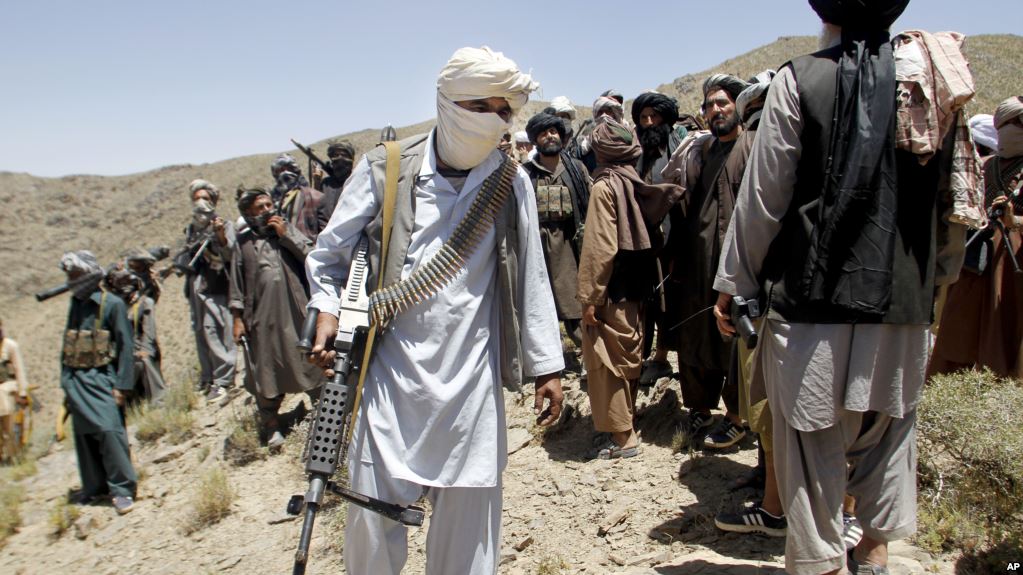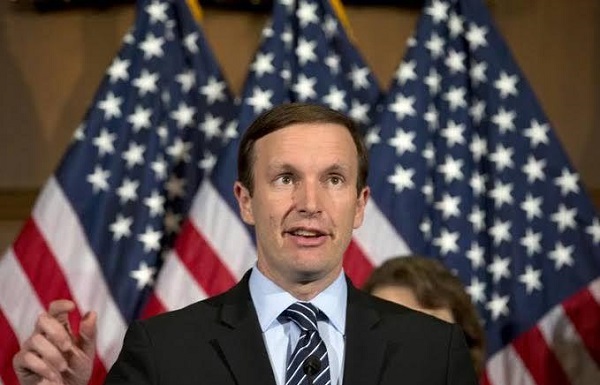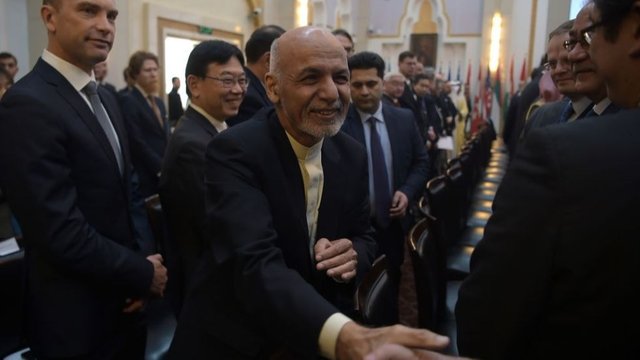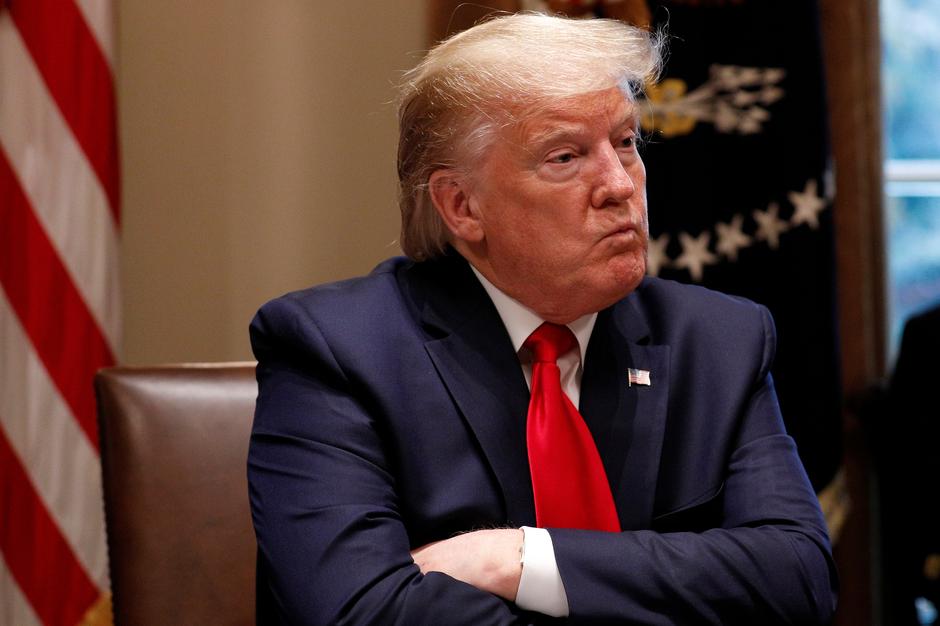Donald Trump has reportedly ordered American envoys to seek direct talks with the Taliban to end the country's longest ever war, in a major shift after years of US diplomatic policy on the conflict.
Publish dateMonday 16 July 2018 - 23:13
Story Code : 167243
Trump sends envoys to Afghanistan to open talks directly with Taliban over peace deal
Donald Trump has reportedly ordered American envoys to seek direct talks with the Taliban to end the country's longest ever war, in a major shift after years of US diplomatic policy on the conflict.
AVA- The change in White House stance rolls back a long-held position that any talks must be led and controlled by the Afghan government.
The White House has now told diplomats to seek initial talks with the militant insurgent movement to try to kick start a wider peace process to end the 17-year-long conflict, the New York Times reported.
The shift marks a significant concession to Taliban demands and comes amid frustration in the White House that Mr Trump's decision last year to ramp up the war has so far yielded few results.
Taliban leaders have long said they will not talk with the Kabul government, which they see as a puppet regime, and will instead only talk with America, which ousted the movement from power in 2001.
In a statement last month the Taliban said: “The invading American party must realise and understand the reality of the situation, stop pointless stubbornness, sit directly for dialogue with the Islamic Emirate to find a solution for the ongoing imbroglio and withdraw their occupying forces from Afghanistan.”
Senior American officials including Secretary of State Mike Pompeo, have met major players in the region in recent weeks to lay the foundations for talks, the paper reported.
The move is likely to be met with deep suspicion in Kabul. Under the previous president, Hamid Karzai, several tentative peace initiatives failed because of Afghan fears a deal would be done behind the government's back.
After dramatically scaling down forces as part of the withdrawal of Nato combat forces in 2014, Mr Trump last year agreed to send more troops and said they would now “fight to win” against the Taliban and ISIS group.
Under more aggressive rules of engagement, troop numbers have been increased and the number of air strikes has dramatically risen.
Yet the Afghan government has been unable at the same time to extend its writ, with Kabul still only in control of half the country's districts, according to an independent US congressional watchdog.
Donald Trump has reportedly ordered American envoys to seek direct talks with the Taliban to end the country's longest ever war, in a major shift after years of US diplomatic policy on the conflict.
AVA- The change in White House stance rolls back a long-held position that any talks must be led and controlled by the Afghan government.
The White House has now told diplomats to seek initial talks with the militant insurgent movement to try to kick start a wider peace process to end the 17-year-long conflict, the New York Times reported.
The shift marks a significant concession to Taliban demands and comes amid frustration in the White House that Mr Trump's decision last year to ramp up the war has so far yielded few results.
Taliban leaders have long said they will not talk with the Kabul government, which they see as a puppet regime, and will instead only talk with America, which ousted the movement from power in 2001.
In a statement last month the Taliban said: “The invading American party must realise and understand the reality of the situation, stop pointless stubbornness, sit directly for dialogue with the Islamic Emirate to find a solution for the ongoing imbroglio and withdraw their occupying forces from Afghanistan.”
Senior American officials including Secretary of State Mike Pompeo, have met major players in the region in recent weeks to lay the foundations for talks, the paper reported.
The move is likely to be met with deep suspicion in Kabul. Under the previous president, Hamid Karzai, several tentative peace initiatives failed because of Afghan fears a deal would be done behind the government's back.
After dramatically scaling down forces as part of the withdrawal of Nato combat forces in 2014, Mr Trump last year agreed to send more troops and said they would now “fight to win” against the Taliban and ISIS group.
Under more aggressive rules of engagement, troop numbers have been increased and the number of air strikes has dramatically risen.
Yet the Afghan government has been unable at the same time to extend its writ, with Kabul still only in control of half the country's districts, according to an independent US congressional watchdog.
Source : خبرگزاری Afghn Voice Agency(AVA)
avapress.net/vdcc0mqs12bqei8.-ya2.html
Top hits












